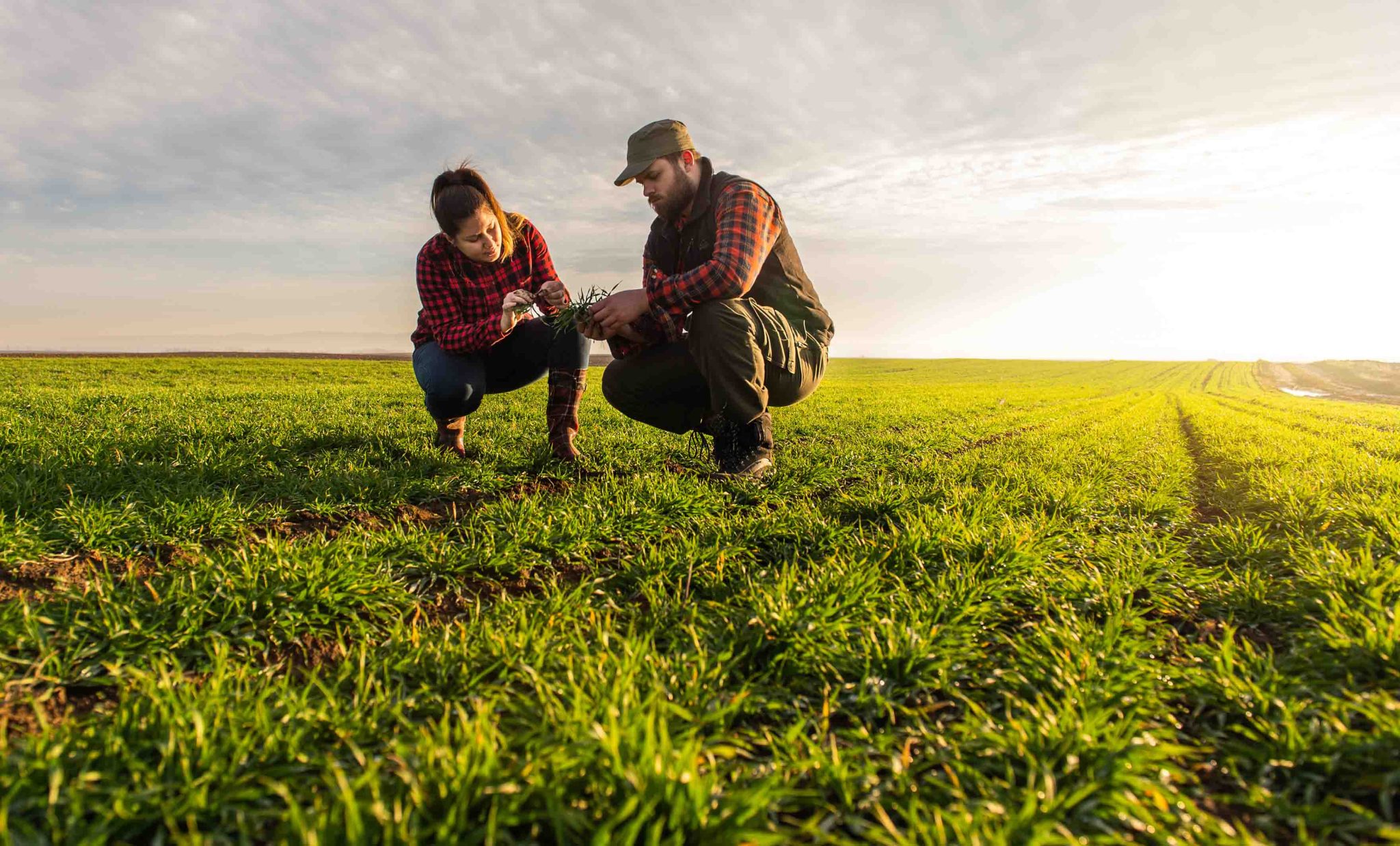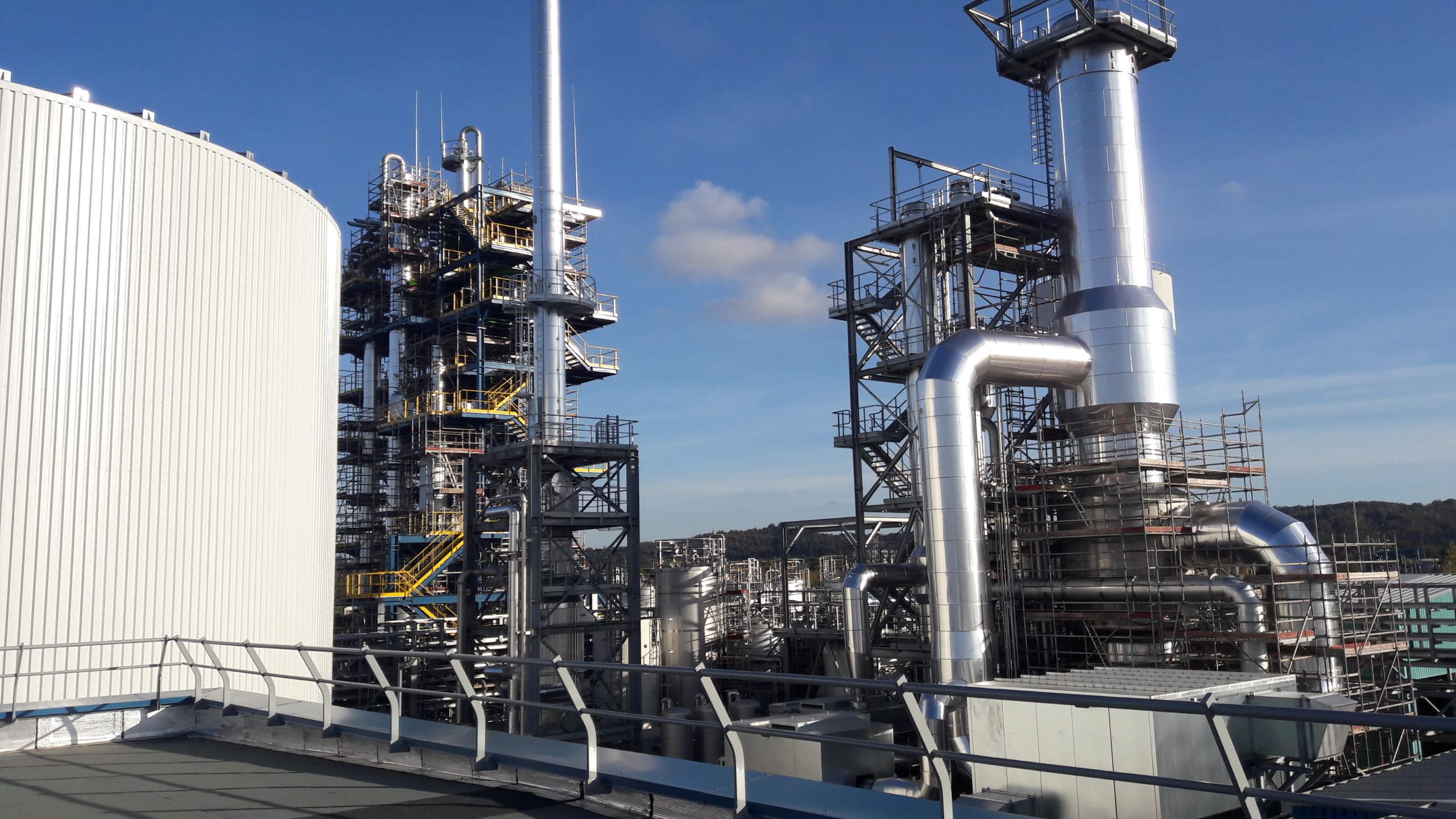Retour page d’accueil • Life Cycle Assessment (14040/14044 standards) of AFYREN’s products shows carbon footprint reduced by 81% compared to homologous products on the market
Life Cycle Assessment (14040/14044 standards) of AFYREN’s products shows carbon footprint reduced by 81% compared to homologous products on the market
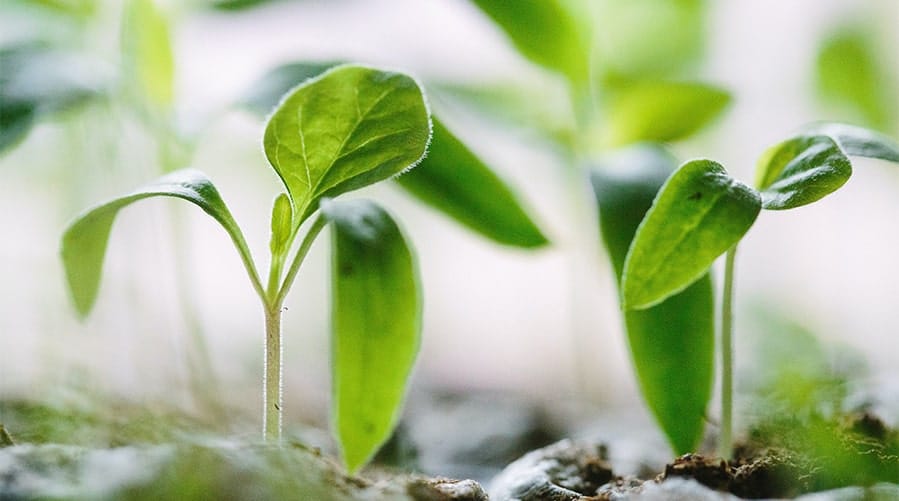
Roadmap for further measurement is established
AFYREN, a European pioneer in green tech, is pleased to announce a significant improvement in the environmental assessment of its products, along with a roadmap for future plans to measure the impact of its activities.
AFYREN believes in constant improvement. As the company builds its first factory to sustainably produce a family of seven organic acids from agricultural by-products, it is working hard to make its process — which imitates fermentation found in nature — even more efficient and environmentally sound.
Measurement of the footprint is a crucial part of this effort, which is why AFYREN partnered three years ago with Sphera, a global leader in sustainability consulting. SPHERA conducted the first environmental study of AFYREN’s products through “cradle-to-gate” Life Cycle Analysis* for the 2018-2019 period, based on pre-industrial data.
The latest LCA update, using data from 2020, gives a more complete environmental assessment of the future biorefinery under construction in Carling-Saint-Avold. It shows that AFYREN’s biobased acids have on average a carbon footprint 81% lower than equivalent petroleum-based products.
This means AFYREN’s production (16,500 tons of biobased acids) will allow savings of more than 30,000 tons of greenhouse gas emissions per year. Considering the average mileage emissions of new vehicles registered in France, the emissions avoided would be equivalent to about 300 million kilometers travelled by a vehicle over one year.
AFYREN and Sphera, through the AFTER-BIOCHEM European project, will proceed with a critical review of the LCA analysis and plan further iterations to create other sustainability assessments in an effort to continually minimize the environmental impact of its products.
*standardized method (ISO 14040-14044)
ANALYSIS
Environmental sustainability is the responsibility to conserve natural resources and protect global ecosystems to support health and wellbeing, now and in the future.
AFYREN, with its environmentally friendly technology, offers replacement molecules that are 100% biobased to a wide range of industries. Various kinds of biomass can be used as feedstock without competing with the human food chain. AFYREN has a real circular bioeconomy business model that approaches zero waste generation.
Life cycle assessment methodology (LCA)

AFYREN chose Life Cycle Assessment to quantify the sustainability of its products through a standardized method (ISO 14040-14044i). This is the most advanced tool available for comprehensive, and multi-criteria assessment of the environmental impact of products, goods and/or services.
It quantifies the physical flows of material and energy associated with human activities throughout the life cycle of products. Its robustness is based on a dual approach: a life cycle approach and a multicriteria approach, both of which analyze incoming and outgoing “flows”: energy, raw material, wastes, emissions, etc.).
The objective of LCA is to present a global vision of the impacts generated by products (goods, services or processes), based on different simulations that compare products or services to avoid the risk of impact transfers. LCA results reflect the complexity of the systems studied; they make it possible to identify their strengths and weaknesses. It is considered as a decision-making tool.
The LCA methodology is based on four steps:
- Defining the goal and scope of the study, (foundation of the study, functional units)
- Inventory of data: analytical accounting of the input and output flows of the system considered.
- Life cycle impact assessment: through several indicators like climate change impact or damages to human health, quality of ecosystems or resource depletion
- Interpretation of the results obtained according to the selected objectives of the study.
AFYREN study
SPHERA conducted a first environmental study of AFYREN’s products through LCA in the 2018-2019 period, based on pre-industrial data for AFYREN’s process. The LCA was updated in 2020 and prefigures the environmental assessment of the future Carling biorefinery.
The goal of the study was to evaluate the environmental performance of AFYREN’s products and to compare AFYREN’s products with existing products on the market.
The perimeter of the study was, first, a “gate-to-gate” analysis: from the biomass supply entering AFYREN’s process to the products coming out of AFYREN’s plant. Then, the study was enlarged to take into account the upstream processes and represent a “cradle-to-gate” analysis.

Various LCA indicators were used to have a complete environmental assessment of AFYREN’s products, with global warming, or carbon footprint, as one of the most relevant.
Key learnings/results:
- Based on the cradle-to-gate analysis, the carbon footprint of AFYREN’s acids is on average 81% lower than equivalent fossil acids on the market.
- The energy optimization of the process is the first area of work identified for AFYREN by LCA.
Looking ahead
LCA of AFYREN’s carboxylic acids will be complimented by other sustainability assessments, through the European project AFTER-BIOCHEM (2020-2024). A critical review will be done for this LCA, as recommended by the LCA ISO standards.
A set of metrics – all based on life cycle thinking – will be developed to assess the performance of the products derived from the new bio-refinery in comparison to their fossil-based alternatives:
- New iteration of the LCA of the biorefinery and the bio-products (including study of new indicators such as biodiversity)
- Life-cycle Costing (LCC)
- Material Circularity Indicator to assess circularity of the products
- Social Life-Cycle Assessment
Last news
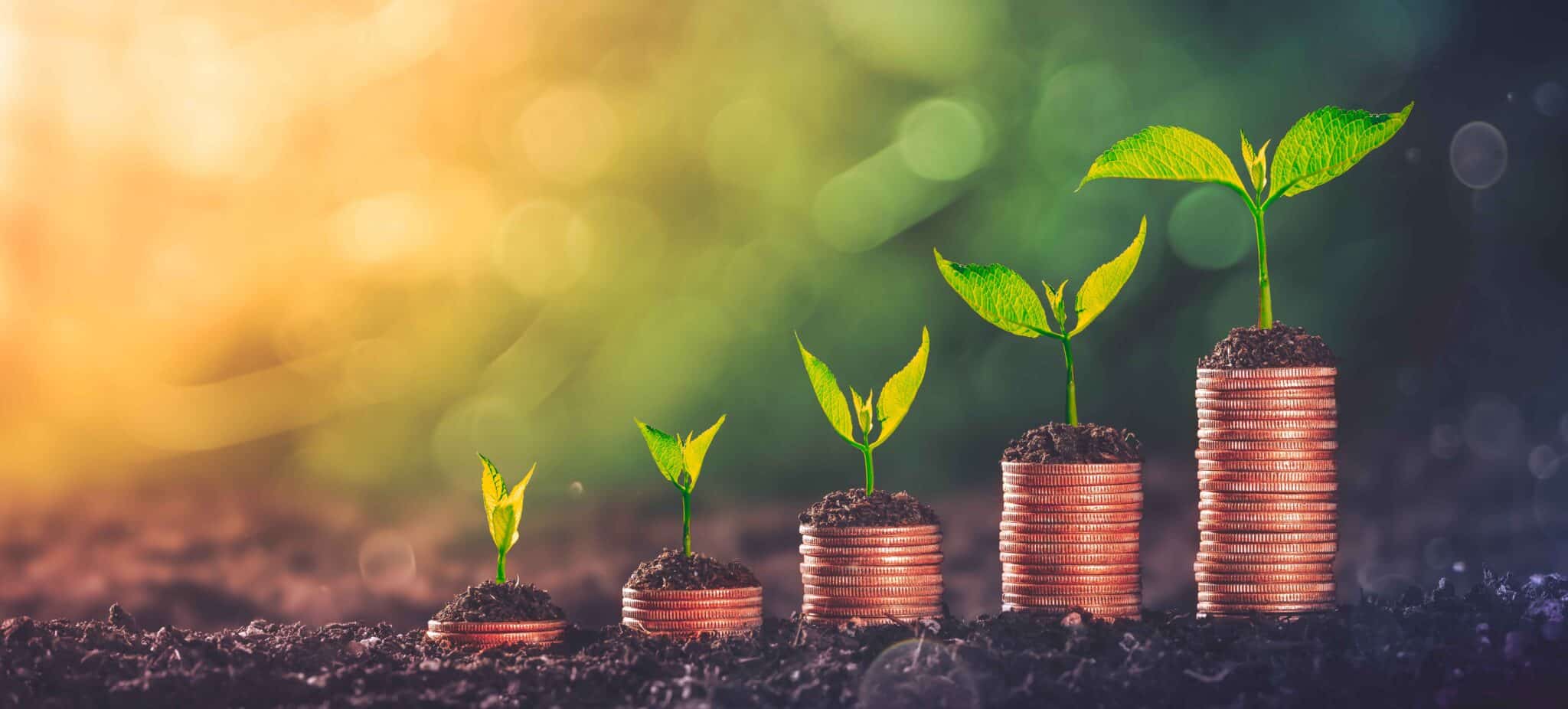
AFYREN NEOXY: first significant revenue and growing production in 2025
News post Press release
AFYREN confirms drawdown of €7 million in previously secured financing for its subsidiary AFYREN NEOXY
News post Press release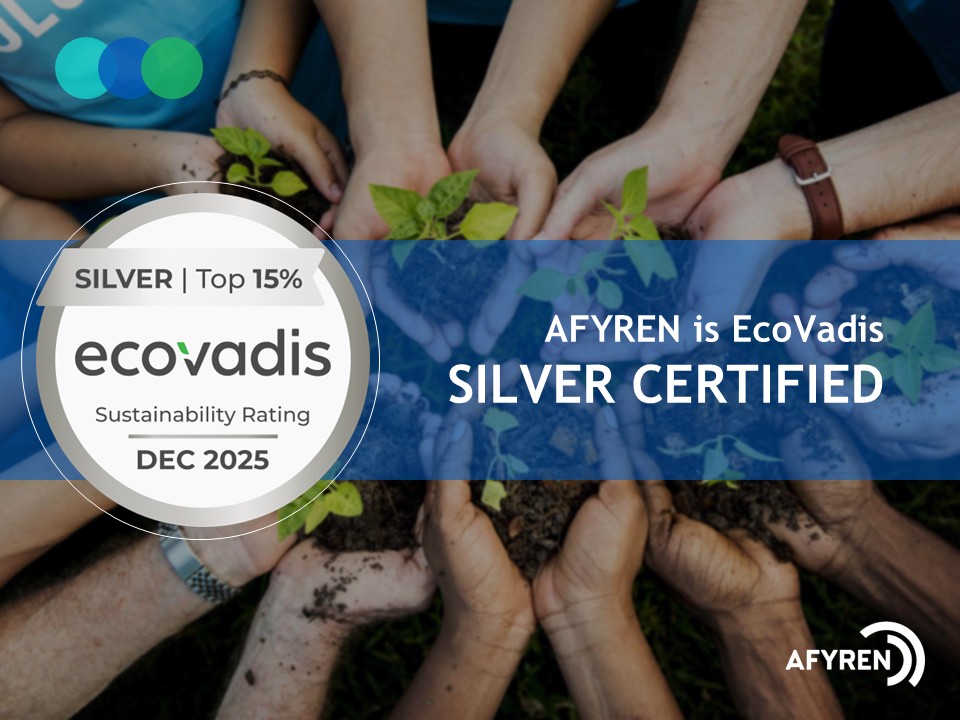
AFYREN awarded Silver Medal by EcoVadis for CSR performance, ranking in the top 8% worldwide
Press release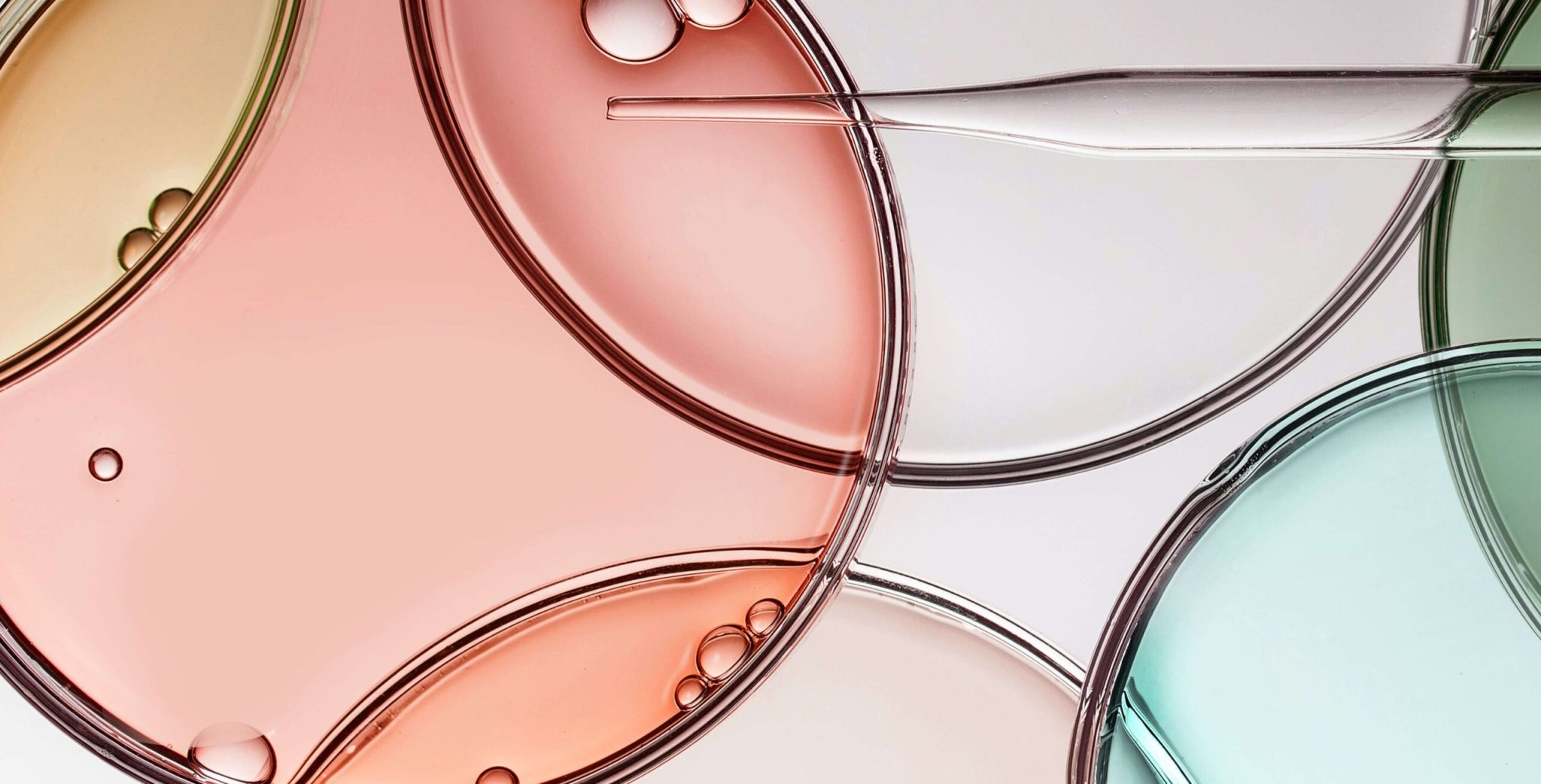
AFYREN and ESSE Skincare begin partnership to offer 100% natural cosmetic solutions with enhanced skincare performance.
Press release
AFYREN raises €23 million through share capital increase to finance optimization and expansion of unique biorefinery AFYREN NEOXY
Press release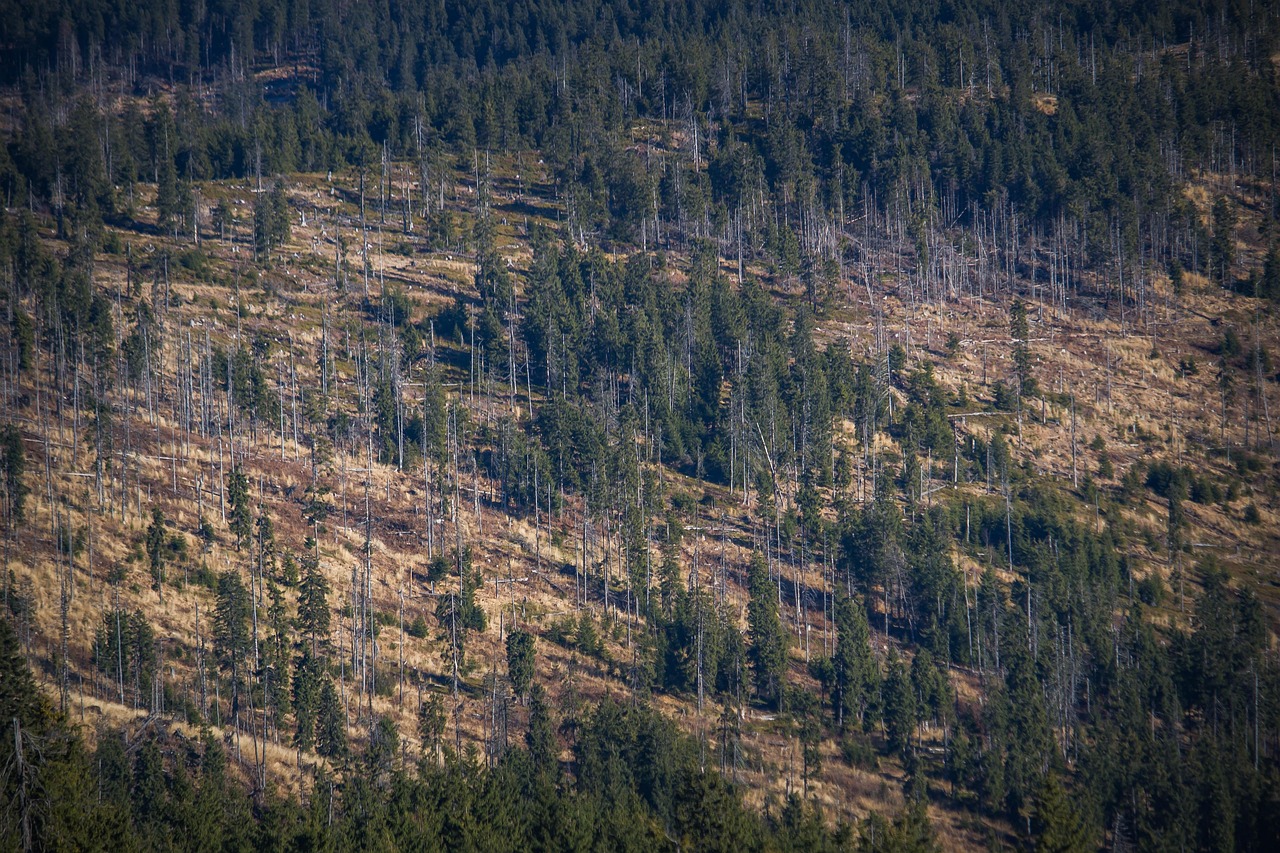
Deforestation – Turning compliance with EUDR into an innovation driver
Publication